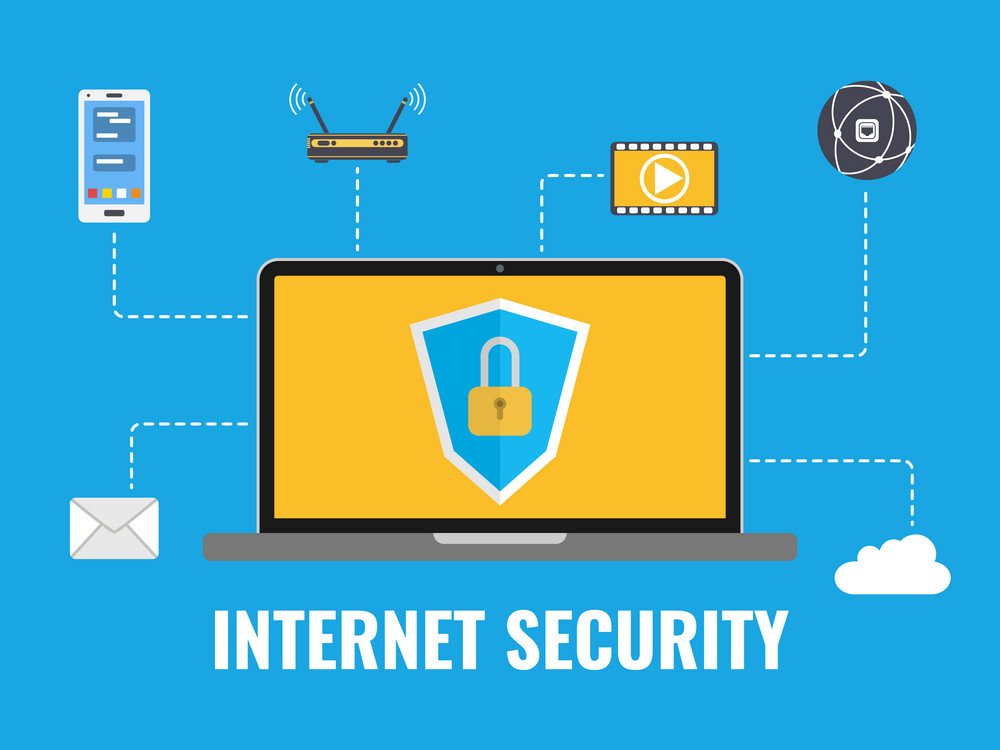Blog

Things To Do To Keep Your Data Protected From Online Hackers
In today's times everything is done online through laptops, smart phones, or computers. These devices have become an extension of ourselves in a way, so keeping them protected from the malicious attacks of online hackers is a way of ensuring that our personal information, data, and passwords are not compromised in any way. Since data integrity has become one of the most essential aspects for organizations to consider, protecting it is the most important task.
Buying a good internet security software is a one-time investment which you'll be thankful to for a long time. It protects you by immediately removing harmful viruses as soon as they attack your devices, advising you on malicious websites that you're about to visit, and conducting regular scans to detect any damaging material which may compromise both you and your device.
Importance of internet security
Over the years, you must have seen or heard people falling the victim of dangerous viruses that will completely crash your computer, wipe the data stored in it clean, steal your private passwords, and give the fraud people access to your personal information. Unfortunately, there is no way of getting rid of these frauds completely, but you can take some relevant steps so that you have nothing to worry about.
So, when you're working over the internet, ensuring the security of your network is one of the most important tasks. It doesn't matter whether you're a small business or a big one, having an antivirus software installed in your device keeps you protected at all times. As there is no network that is immune to cyber attacks, a stable and efficient internet security system is essential to protecting your data.
If you've a good network security, it will help your business reduce the risk of falling victim of sabotage and data theft.
8 things you should be doing to keep your data secured
1. PasswordIt is advisable to not share your passwords with anyone and keeping them to yourself. When setting passwords for logins or folders, keep in mind to not make them easily guessable. Some websites even tell you when your password is too weak or absolutely strong!
2. SoftwareThe easiest thing to do is get an internet security software installed in your computer system so that you've nothing to worry about in the future.
3. Mobile ProtectionYou can also get an internet security software installed in your mobile phone and set it to scan regularly mode. Keep updating it to the new versions.
4. Social NetworkingNever share your personal or financial information with anyone you meet on social media. And keep adjusting your privacy settings on a regular basis. You can also update passwords from time-to-time.
5. Phone CallsBe wary of phone calls asking for your personal or financial information. Nowadays every bank sends a message to their customers telling them that they never call for asking any kind of information.
6. Check & ReportKeeping checking your bank statements and account records from time-to-time. If you find anything suspicious, report it to the concerned bank ASAP.
7. Online ShoppingWhen making online payment, make sure that the website is safe. You can research the supplier and use a safe payment method. The best option is Cash on Delivery (CoD) but it might cost you a little more.
8. Sharing KnowladgeDon't keep this information just to yourself - share it with your friends and family. Encourage them to report anything suspicious and register for an alert service to get regular updates.